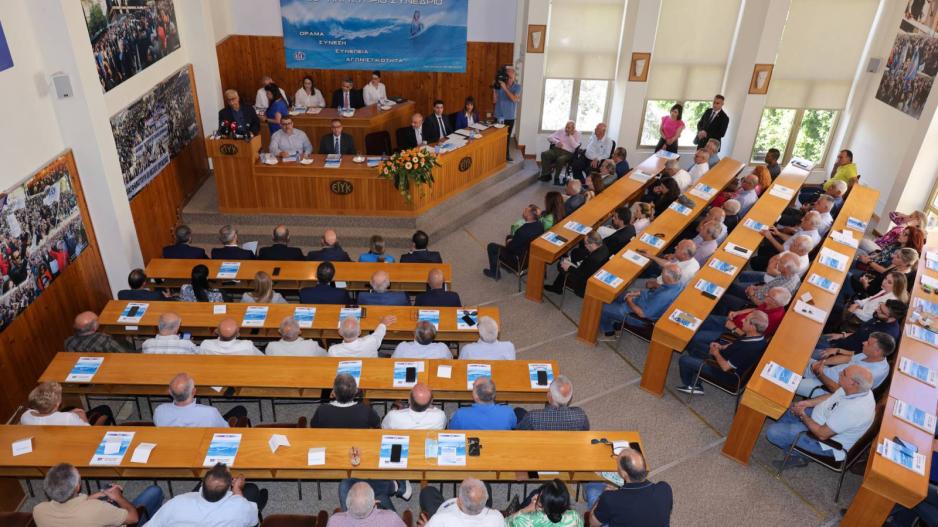Critical Deadlock in Cyprus Banking Sector Negotiations
Union and Banks Clash Over Opposing Demands as Mediation Process Begins
The Cyprus Union of Bank Employees (ETYK) has officially referred a labor dispute to the Department of Labor Relations at the Ministry of Labor, under the framework of the Industrial Relations Code. The referral follows a deadlock in direct negotiations between the union and the employers’ association of banks concerning the renewal of the collective agreement.
The union filed its request for mediation on Monday, seeking the Ministry’s intervention to resolve the impasse. As first revealed by Brief last Friday, negotiations between the employers’ association and ETYK have reached a complete stalemate, with the two sides failing to bridge significant differences.
The primary reason for the deadlock lies in the diametrically opposed positions of both parties. Moreover, several demands introduced during the negotiations were tabled for the first time, further complicating discussions.

The banks’ demands include the abolition of the Cost-of-Living Allowance (COLA), annual horizontal increments, and employer contributions to employee health funds. They are also calling for the removal of certain benefits deemed "outdated" by the banking sector.
Conversely, ETYK’s demands include the introduction of a four-day workweek, the restoration of wages cut during the 2013 financial crisis, salary increases, higher employer contributions to the provident fund, and the reinstatement of a 14th salary to serve as an “Easter bonus.”
According to employer representatives, ETYK's demands could cost an estimated €30 million to €35 million if accepted.
ETYK justifies its financial demands by citing the substantial profitability reported by banks over the past two years. The union argues that these profits reflect the banking sector's robust recovery and ability to meet employee demands.
On the other hand, banks warn that the era of high-interest rates driving profitability is nearing its end. They anticipate lower earnings in the coming years and emphasize the need to allocate profits toward strengthening capital reserves and addressing potential external risks. Banks also point out that the domestic banking system operated at a loss for nearly a decade, making it prudent to use recent gains for long-term stability.
Procedurally, the Department of Labor Relations is expected to initiate separate mediation meetings with both parties in the coming weeks. If common ground is identified, joint meetings will follow.
Should mediation fail, the department will declare an impasse, leaving each side to manage the situation independently under the provisions of the Industrial Relations Code.
Experts familiar with the labor landscape, particularly in the banking sector, predict that this will be one of the most critical labor disputes in recent years, posing a significant challenge to the Ministry’s mediation efforts.






